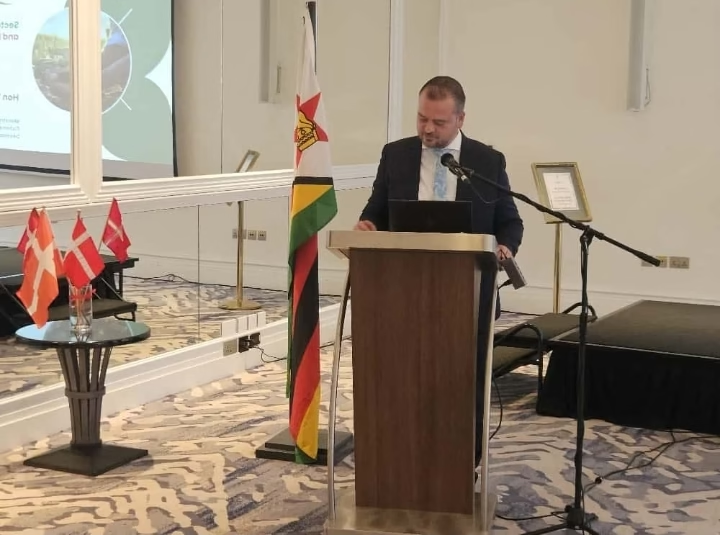
Zimbabwe’s agricultural sector has emerged as the latest frontier for Denmark’s global trade ambitions, with Harare being positioned as a key partner in Europe’s expanding search for new markets. The recent Zimbabwe–Denmark business summit in Harare was less about symbolic diplomacy and more about identifying concrete opportunities that could redefine bilateral trade relations.
For Denmark, a nation producing more than three times its domestic food consumption, Zimbabwe presents a fertile market to deploy advanced farming technologies and strengthen agro-industrial linkages. Danish interest spans across cereals, dairy, cattle ranching, citrus, and agro-processing, sub-sectors where efficiency, innovation, and global competitiveness will determine the success of partnerships.
For Zimbabwe, the attraction lies in Denmark’s demand for horticultural products, an area where local farmers already have competitive leverage. With Danish markets showing an appetite for fresh produce, Zimbabwean farmers have a clear opening to anchor exports in horticulture, while building capacity in value addition through agro-processing.
Beyond trade volumes, the potential impact lies in technology transfer and industrial upgrading. Denmark’s highly modernized agricultural systems could help Zimbabwe move away from low-yield, subsistence models to a more industrialized, export-driven sector. This could mark a turning point for local agribusinesses seeking global competitiveness.
However, the stakes are high. For the collaboration to succeed, Zimbabwe must ensure consistent quality, adherence to global standards, and investment-friendly policies that can reassure foreign investors. Likewise, Denmark must balance commercial interests with fostering sustainable partnerships that contribute to Zimbabwe’s long-term development goals.
The summit is therefore more than a diplomatic gesture, it is a litmus test of how Zimbabwe can leverage its engagement and re-engagement agenda to secure tangible economic benefits. If managed strategically, this partnership could open new export corridors, attract agro-industrial capital, and strengthen Zimbabwe’s positioning in global agricultural markets.




